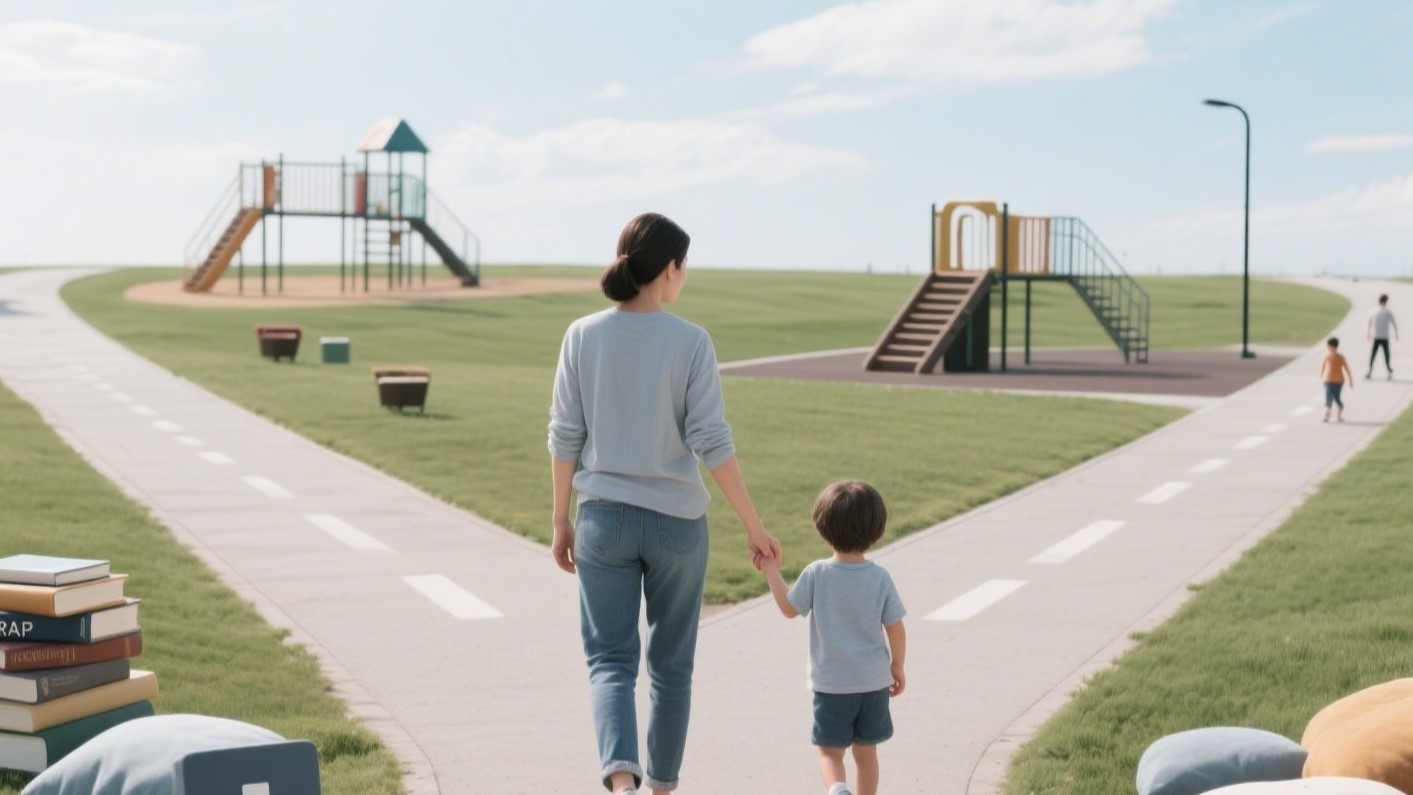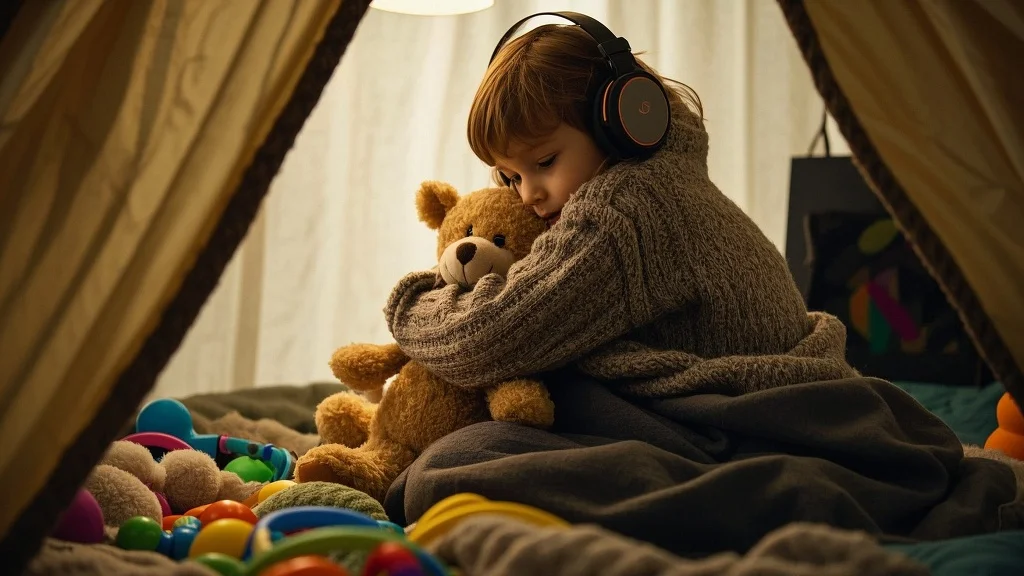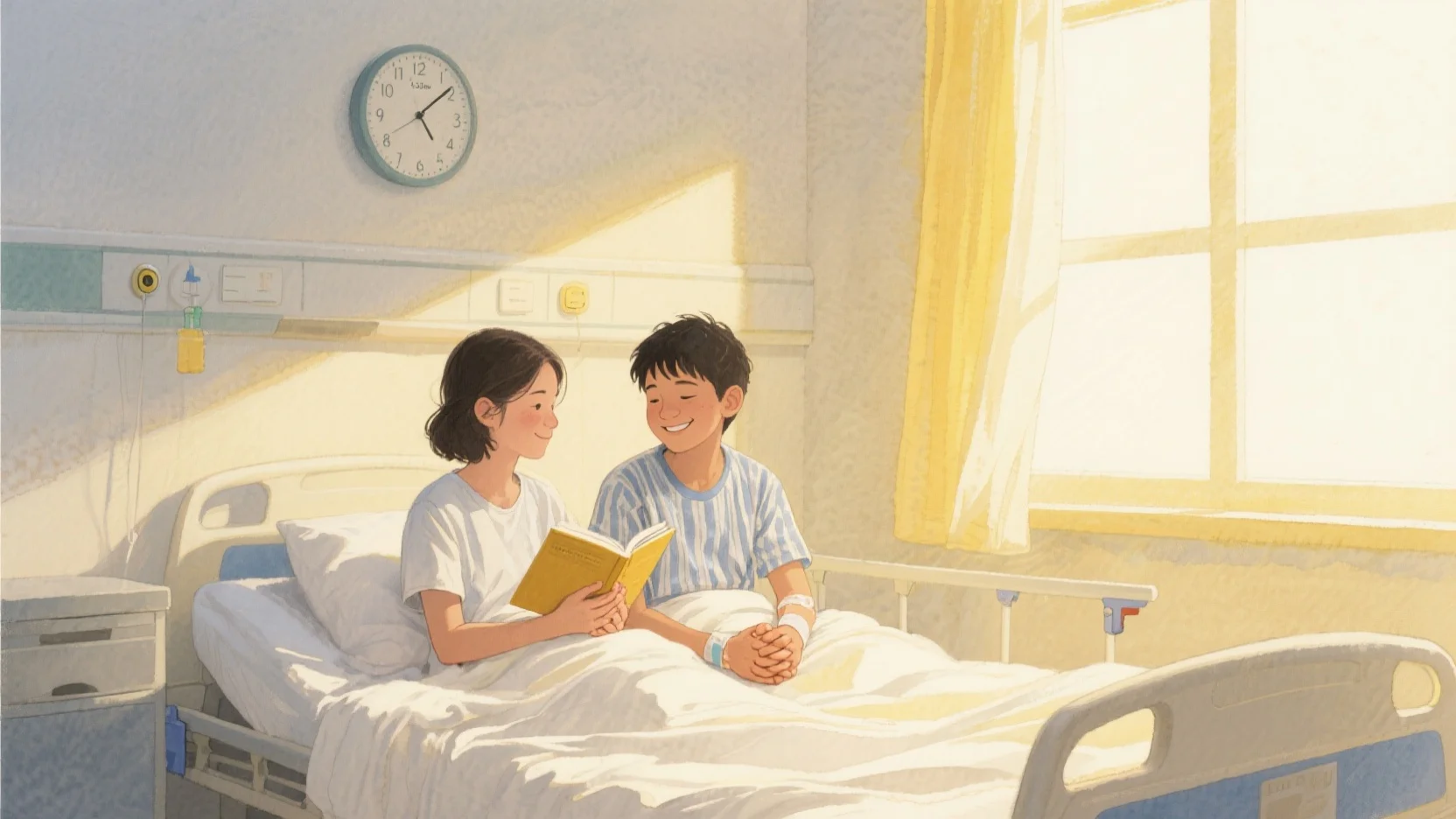A Parent’s Turning Point
When my son was two years old, he chipped his tooth at the zoo. After an alarming call from the dentist suggesting emergency surgery under anesthesia, I found myself questioning medical advice for the first time. Instead of rushing to the ER, I chose to monitor him at home—and he recovered without complications.
That moment became a lesson in trusting my instincts as a parent. It also made me reflect on a larger cultural shift: our tendency to over-medicalize childhood.
Abigail Shrier’s Argument in Bad Therapy
In her new book, Bad Therapy: Why the Kids Aren’t Growing Up, author Abigail Shrier critiques what she sees as an overreliance on therapy, counselors, and emotional interventions for children. She argues that society increasingly interprets normal childhood struggles—sadness, frustration, or failure—as problems requiring treatment.
Her central concern: children are losing opportunities to build resilience.
According to Shrier, constant attempts to protect kids from discomfort have fueled high rates of diagnoses, emotional dependence, and even substance use. She suggests that less therapy and more independence could help children grow stronger.
Where the Critique Falls Short
While Shrier raises important concerns, her approach can be polarizing. She:
- Criticizes therapy and social-emotional learning (SEL) for fostering helplessness
- Frames gentle or compassionate parenting as overly permissive
- Paints parents as overly anxious about protecting their children
What’s missing, however, is nuance. Many SEL programs do help children develop communication skills and self-awareness. Many parents using gentle approaches balance kindness with firm boundaries. Dismissing these practices entirely risks oversimplifying complex realities.
Finding a Balanced Perspective
Shrier’s work is a reminder that children need both support and independence. Shielding kids from all discomfort can hinder resilience, but so can ignoring the benefits of therapy and emotional education.
Parenting and childhood development are not one-size-fits-all. Families face diverse challenges, and what works for one child may not work for another. Recognizing these differences allows us to foster children’s growth without falling into extremes.
In the end, the goal is not to eliminate therapy or avoid compassion, but to strike a balance: building resilience while still offering care, guidance, and emotional support.








